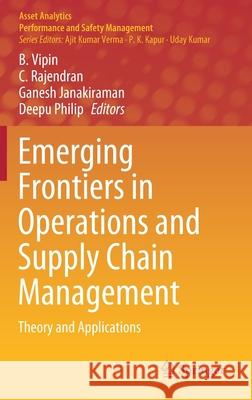Emerging Frontiers in Operations and Supply Chain Management: Theory and Applications » książka
topmenu
Emerging Frontiers in Operations and Supply Chain Management: Theory and Applications
ISBN-13: 9789811627736 / Angielski / Twarda / 2021 / 272 str.
Emerging Frontiers in Operations and Supply Chain Management: Theory and Applications
ISBN-13: 9789811627736 / Angielski / Twarda / 2021 / 272 str.
cena 682,72
(netto: 650,21 VAT: 5%)
Najniższa cena z 30 dni: 655,41
(netto: 650,21 VAT: 5%)
Najniższa cena z 30 dni: 655,41
Termin realizacji zamówienia:
ok. 22 dni roboczych.
ok. 22 dni roboczych.
Darmowa dostawa!
Kategorie:
Kategorie BISAC:
Wydawca:
Springer
Seria wydawnicza:
Język:
Angielski
ISBN-13:
9789811627736
Rok wydania:
2021
Wydanie:
2021
Numer serii:
000825134
Ilość stron:
272
Waga:
0.58 kg
Wymiary:
23.39 x 15.6 x 1.75
Oprawa:
Twarda
Wolumenów:
01
Dodatkowe informacje:
Wydanie ilustrowane











